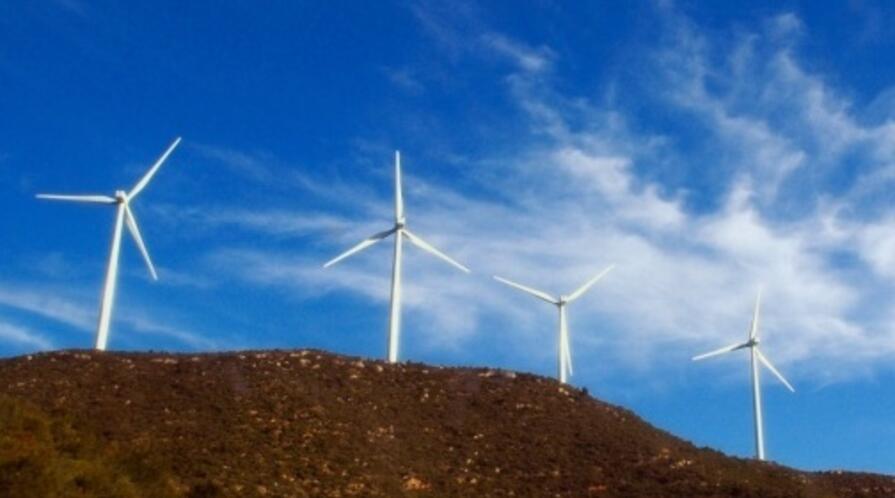Use of Improved Biomass Stoves in Karnataka and Maharashtra States, India: Understanding Factors Affecting Widespread Adoption
Burning of biomass in traditional stoves is associated with a host of ills among an estimated 2.5 billion people around the world, even though cleaner and more efficient technologies exist that could mitigate the problems. This study examines what factors affect cooking mode choice and utilization, with the objective of developing an econometric model that is useful for efforts to encourage the adoption of improved biomass stoves. The project also seeks to offer insights on poorly understood processes of technology adoption among poor populations and to understand the magnitude of health, development and environmental benefits that might be achievable.
Walter P. Falcon Lounge
Mark C. Thurber
Program on Energy and Sustainable Development
616 Jane Stanford Way
Encina Hall East, Rm E412
Stanford, CA 94305
Mark C. Thurber is Associate Director of the Program on Energy and Sustainable Development (PESD) at Stanford University, where he studies and teaches about energy and environmental markets and policy. Dr. Thurber has written and edited books and articles on topics including global fossil fuel markets, climate policy, integration of renewable energy into electricity markets, and provision of energy services to low-income populations.
Dr. Thurber co-edited and contributed to Oil and Governance: State-owned Enterprises and the World Energy Supply (Cambridge University Press, 2012) and The Global Coal Market: Supplying the Major Fuel for Emerging Economies (Cambridge University Press, 2015). He is the author of Coal (Polity Press, 2019) about why coal has thus far remained the preeminent fuel for electricity generation around the world despite its negative impacts on local air quality and the global climate.
Dr. Thurber teaches a course on energy markets and policy at Stanford, in which he runs a game-based simulation of electricity, carbon, and renewable energy markets. With Dr. Frank Wolak, he also conducts game-based workshops for policymakers and regulators. These workshops explore timely policy topics including how to ensure resource adequacy in a world with very high shares of renewable energy generation.
Dr. Thurber has previous experience working in high-tech industry. From 2003-2005, he was an engineering manager at a plant in Guadalajara, México that manufactured hard disk drive heads. He holds a Ph.D. from Stanford University and a B.S.E. from Princeton University.
Frank Wolak
Stanford University
Economics Department
579 Jane Stanford Way Stanford, CA 94305-6072
Website: https://fawolak.org/
Frank A. Wolak is a Professor in the Department of Economics at Stanford University. His fields of specialization are Industrial Organization and Econometric Theory. His recent work studies methods for introducing competition into infrastructure industries -- telecommunications, electricity, water delivery and postal delivery services -- and on assessing the impacts of these competition policies on consumer and producer welfare. He is the Chairman of the Market Surveillance Committee of the California Independent System Operator for electricity supply industry in California. He is a visiting scholar at University of California Energy Institute and a Research Associate of the National Bureau of Economic Research (NBER).
Professor Wolak received his Ph.D. and M.S. from Harvard University and his B.A. from Rice University.



